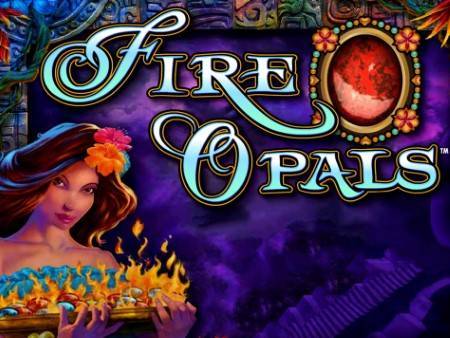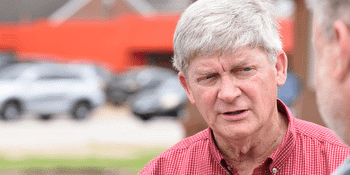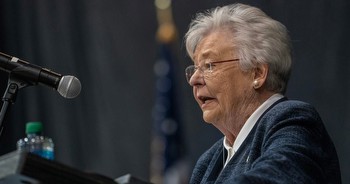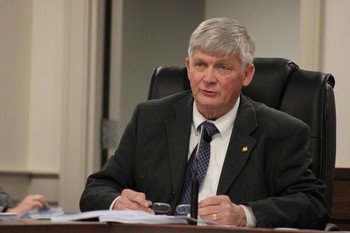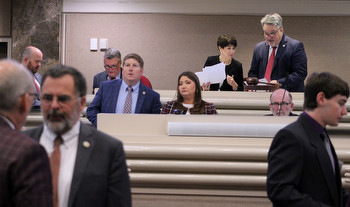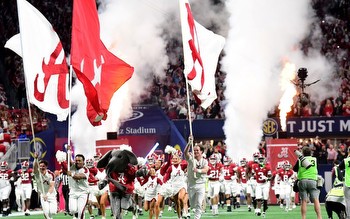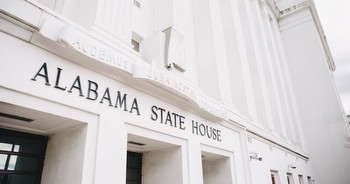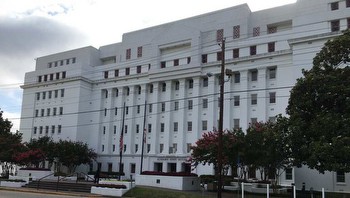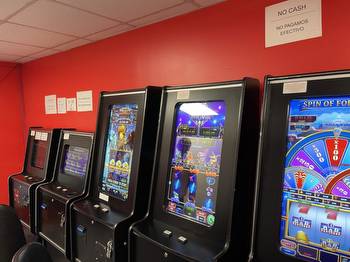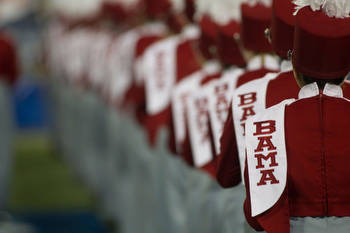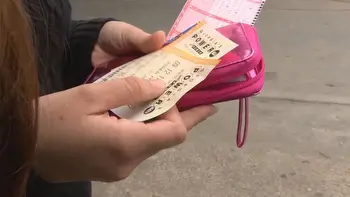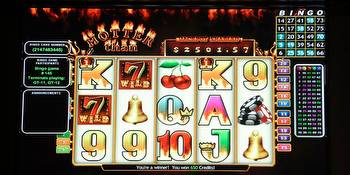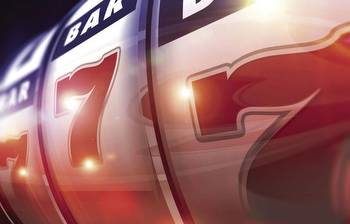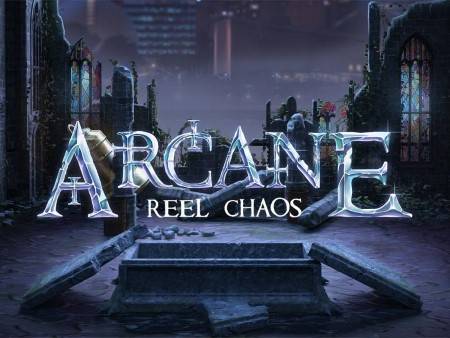Alabama legislators are discussing gambling legislation. Will it go anywhere?
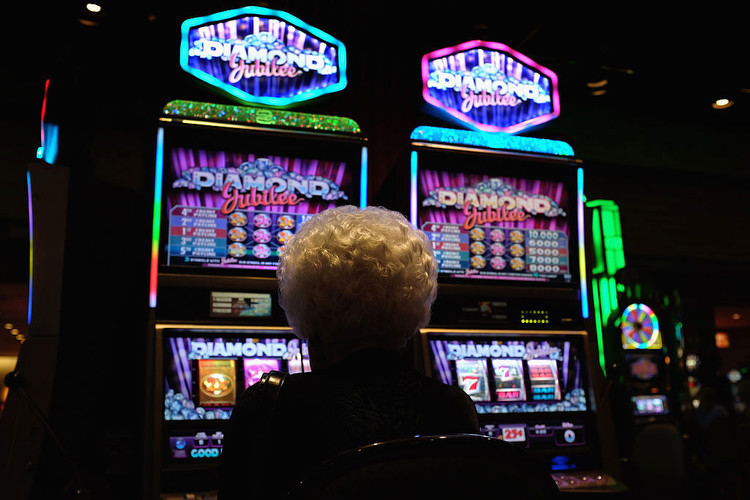
Once again, Alabama legislators are talking about gambling.
And once again, the House and Senate appear to be talking past each other.
Legislators are discussing the possibility of addressing the topic, which has defied resolution attempts for decades. No legislation had been filed as of Wednesday afternoon, but a senator said he will file a bill that would take a comprehensive approach to the issue. House members, meanwhile, say they want to enforce existing laws.
“We’ve got to analyze what we need to do to try to prevent this unwarranted expansion of gaming,” said Rep. Joe Lovvorn, R-Auburn, the chair of the House Rules Committee.
Sen. Greg Albritton, R-Atmore, who has sponsored bills to establish a lottery and address gambling in the state, said he plans to make another attempt on the issue.
“Have you talked to the House members about this?” he said in an interview on Tuesday. “They’re the folks that should be running the show, I thought.”
Alabama’s 1901 Constitution officially bans lotteries and games of chance, though local amendments have allowed some form of gaming around the state, typically at dog tracks. The Poarch Band of Creek Indians, a federally-recognized tribe, also runs gaming facilities in Atmore, Montgomery and Wetumpka. None of the facilities have slot machines or table games, which are illegal under state law. Most have used some form of electronic bingo.
But Alabama Supreme Court interpretations of local amendments allowing gambling at dog tracks have led to legal battles.
Messages seeking comment were left Wednesday with the Poarch Band of Creek Indians; Victoryland in Macon County and Greene County Entertainment in Greene County.
The state is one of only five in the nation, and the last one east of the Mississippi River, that does not have a lottery. Efforts to establish one have usually died in the face of opposition from members of the House Republican caucus or due to fears from dog track owners that a state lottery might allow the Poarch Band access to gambling machines that would be denied to the dog tracks.
“The whole gambling issue in Alabama is so convoluted,” said Rep. Steve Clouse, R-Ozark, whose attempt to establish a state lottery in 2019 failed a procedural motion by a single vote.
Clouse, first elected to the House in 1994, was one of a handful of Republicans who supported Democratic Gov. Don Siegelman’s proposal for a state lottery in 1999. That measure, a constitutional amendment, failed to win approval from voters. No other statewide lottery proposal has advanced to a public vote since.
Other attempts to address gambling have run into difficulties. Last year, Senate Minority Leader Bobby Singleton, D-Greensboro, filed a local constitutional amendment that would have authorize some forms of gambling in Greene County. The bill passed in the Senate but did not make it to the first committee in the House.
Messages were left with Singleton Tuesday and Wednesday.
Bills making it through the Senate and dying in the House follows the historical trend of attempting to pass gambling legislation in the state.
In 2021, a comprehensive gambling package brokered by then-Senate President Pro Tem Del Marsh, R-Anniston that would have created a lottery and established some gambling moved out of the Senate despite controversy over which existing gambling establishments would be grandfathered in. But House Republicans refused to move the bill, and an alternate proposal to create a lottery failed amid confusion in a late-night session.
Albritton wants to file a “comprehensive” bill which he said would deal with a lottery; casino gambling; a potential compact with the Poarch Band of Creek Indians; and Internet and sports betting.
That approach, he said, is the only way to make progress on the issue.
“Comprehensive is the only way that we can surely get continuity and consistency in the industry and then make it work,” he said.
But Clouse said that a comprehensive bill would raise questions about distributing tax revenues from gambling and he number of venues, issues that have sunk previous bills.
Since the lottery amendment failed in 1999, Clouse said, the Poarch Band of Creek Indians have expanded their operations, and many other states have established lotteries.
Now, Alabama residents go to surrounding states to buy tickets, which has created a sense of urgency around the issue.
“Just the whole combination of different issues that have arisen over the last 25 years,” he said.
Gov. Kay Ivey, who formed a commission to study the gambling issue in 2020, has supported a statewide vote on the issue, though as governor she would not have a formal role in the amendment process. Ivey said in a statement Wednesday that she supports Alabamians having another chance at voting on an amendment and said she would support an amendment that is comprehensive enough to tackle all forms of gambling.
“The last time the Legislature proposed a constitutional amendment on gambling to Alabama voters was in 1999, and frankly, I support Alabamians having another opportunity to vote on the issue,” the statement said. “I think it has to be comprehensive enough to clearly address all forms of gambling. And most importantly, it must be done right – I will only support legislation if I think is best for our state and our citizens.”
On the House side, Lovvorn said legislators were in an informational stage on legislation. There was talk, he said, of a bill on enforcement, as well as clarifying Alabama’s laws on gambling.
The penalties for illegal gambling, Lovvorn said, are not strong enough to deter it. He also said many people think all casinos are illegal but there are some legal ones.
“It’s very confusing to the citizens of the state,” he said.
Rep. Andy Whitt, R-Harvest, the chair of the House Economic Development and Tourism committee, which handles gambling bills, said in a statement that the Legislature and law enforcement need to work together to stop illegal gambling operations.
“It’s the Wild West in Alabama when it comes to illegal gaming,” wrote Whitt.” There are illegal gambling operations in all 67 counties of our state, many of which I have seen myself. The legislature needs to work together with law enforcement to drive illegal gaming and the organized crime that comes with it out of our state once and for all.”
Clouse said that many local law enforcement agencies don’t have the manpower or resources for enforcement. He said they could set up a gambling commission like the ABC board.
“We’ve seen progress,” said Albritton. “But we haven’t had a conclusion yet.”
This story was updated to correct Clouse’s city of residence.







